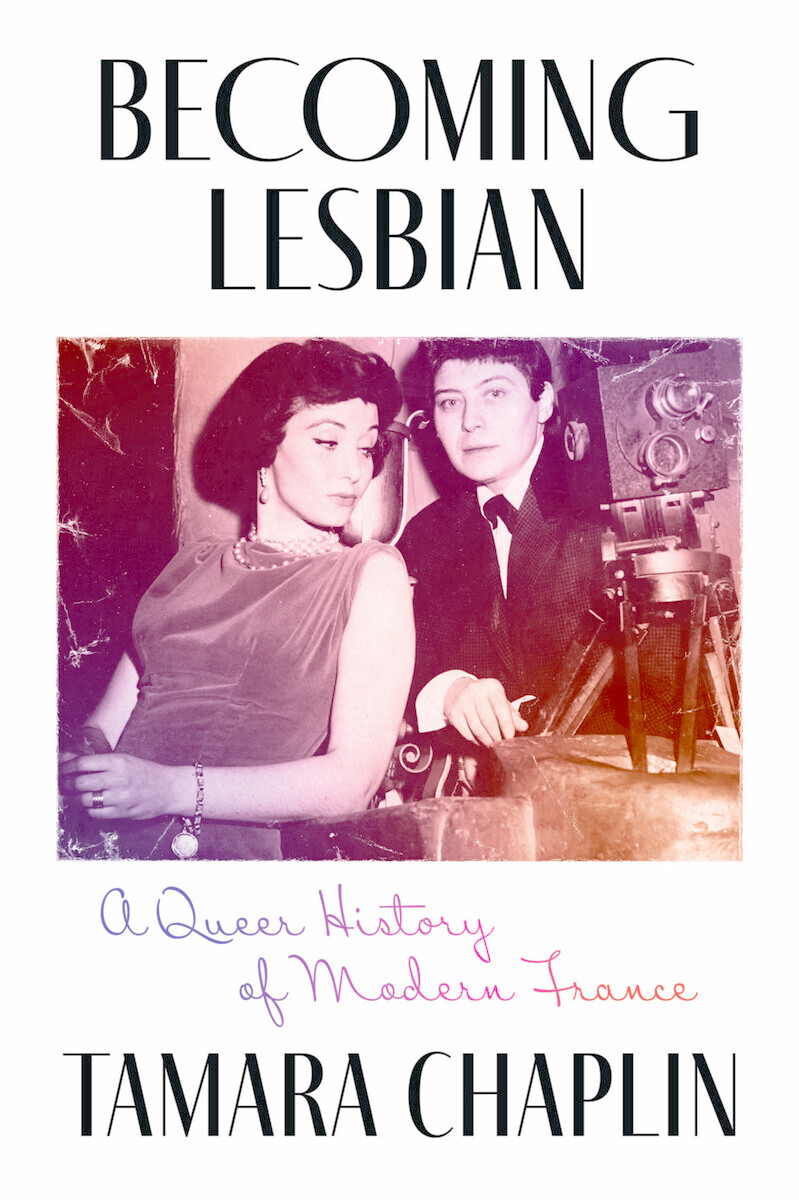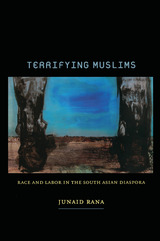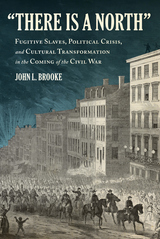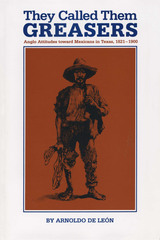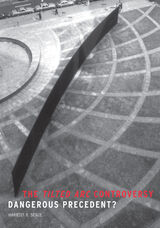Becoming Lesbian: A Queer History of Modern France
University of Chicago Press
Paper: 978-0-226-83655-3 | Cloth: 978-0-226-71098-3 | eISBN: 978-0-226-83654-6
See other books on: Chaplin, Tamara | France | LGBTQ+ | Modern France | Queer History
See other titles from University of Chicago Press
Paper: 978-0-226-83655-3 | Cloth: 978-0-226-71098-3 | eISBN: 978-0-226-83654-6
ABOUT THIS BOOK | AUTHOR BIOGRAPHY | TOC
ABOUT THIS BOOK
A landmark analysis of how a marginalized subculture used modern media to transform public attitudes toward sexual desire.
In Becoming Lesbian, historian Tamara Chaplin argues that the history of female same-sex intimacy in France is central to understanding the struggle to control the public sphere in the twentieth century. This monumental study draws on a wide range of undiscovered sources from cabaret culture, sexology, police files, radio and TV broadcasts, photography, the Minitel (an early form of internet), and private letters, as well as over one hundred interviews that Chaplin conducted with women from France and its colonies. Becoming Lesbian demonstrates how women of diverse classes and races came to define themselves as lesbian and used public spaces and public media to exert claims on the world around them in ways that made possible new forms of gendered and sexual citizenship. Chaplin begins in the sapphic cabarets of interwar Paris. These venues, as she shows, exploited female same-sex desire for profit while simultaneously launching an incipient queer female counterpublic. Refuting claims that World War II destroyed this female world, Chaplin reveals instead how sapphic subcultures flourished into the postwar period, laying crucial groundwork for the collective politicization of lesbian identity in the decades that followed.
Becoming Lesbian brims with colorful vignettes about female cabaret owners, singers, TV personalities, writers, and lesbian activists, all of whom Chaplin brings to life to make larger points about rights, belonging, and citizenship. As a history of lesbianism, this book represents a major contribution to modern French history, queer studies, and genealogies of the media and its publics.
In Becoming Lesbian, historian Tamara Chaplin argues that the history of female same-sex intimacy in France is central to understanding the struggle to control the public sphere in the twentieth century. This monumental study draws on a wide range of undiscovered sources from cabaret culture, sexology, police files, radio and TV broadcasts, photography, the Minitel (an early form of internet), and private letters, as well as over one hundred interviews that Chaplin conducted with women from France and its colonies. Becoming Lesbian demonstrates how women of diverse classes and races came to define themselves as lesbian and used public spaces and public media to exert claims on the world around them in ways that made possible new forms of gendered and sexual citizenship. Chaplin begins in the sapphic cabarets of interwar Paris. These venues, as she shows, exploited female same-sex desire for profit while simultaneously launching an incipient queer female counterpublic. Refuting claims that World War II destroyed this female world, Chaplin reveals instead how sapphic subcultures flourished into the postwar period, laying crucial groundwork for the collective politicization of lesbian identity in the decades that followed.
Becoming Lesbian brims with colorful vignettes about female cabaret owners, singers, TV personalities, writers, and lesbian activists, all of whom Chaplin brings to life to make larger points about rights, belonging, and citizenship. As a history of lesbianism, this book represents a major contribution to modern French history, queer studies, and genealogies of the media and its publics.
See other books on: Chaplin, Tamara | France | LGBTQ+ | Modern France | Queer History
See other titles from University of Chicago Press
